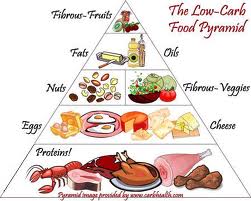Prostate cancer affects a significant percentage of male patients in the higher age groups. Early diagnosis and treatment has shown good success rates. Early surgery in the form of a radical prostatectomy has given patients virtually a new lease on life. Radiotherapy as an alternative form of treatment has been an option for those who could not undergo surgery. Once the treatment is completed there is reason for optimism, if the tumor could be removed in total.
Dr. Sara Strom, PhD and research colleagues from the M.D. Anderson Cancer Center in Houston, Texas analyzed findings of 873 patients over the course of 14 years with localized prostate cancer who had received external beam radiotherapy as their sole treatment. The objective was to determine, whether all patients were doing well, or whether some could be more at risk. It turned out that those with normal body weight fared best. 27% of them experienced a recurrence of the disease. Those who were overweight had recurrence rates that jumped to 55%. Those who were obese were most severely affected with recurrence rates of 99%. The researchers believe that there is a difference of tumor behavior between patients with normal body weight and those who are overweight or obese.
Future studies will be needed to evaluate the relationship of obesity with dietary factors, genetic modifiers of steroid androgen metabolism, insulin and insulin like growth factors. This will clarify the underlying mechanism of action in the development of prostate cancer.
More information about prostate cancer: http://nethealthbook.com/cancer-overview/prostate-cancer/
Reference: The Medical Post, August 22, 2006, page 41
Last edited November 1, 2014







